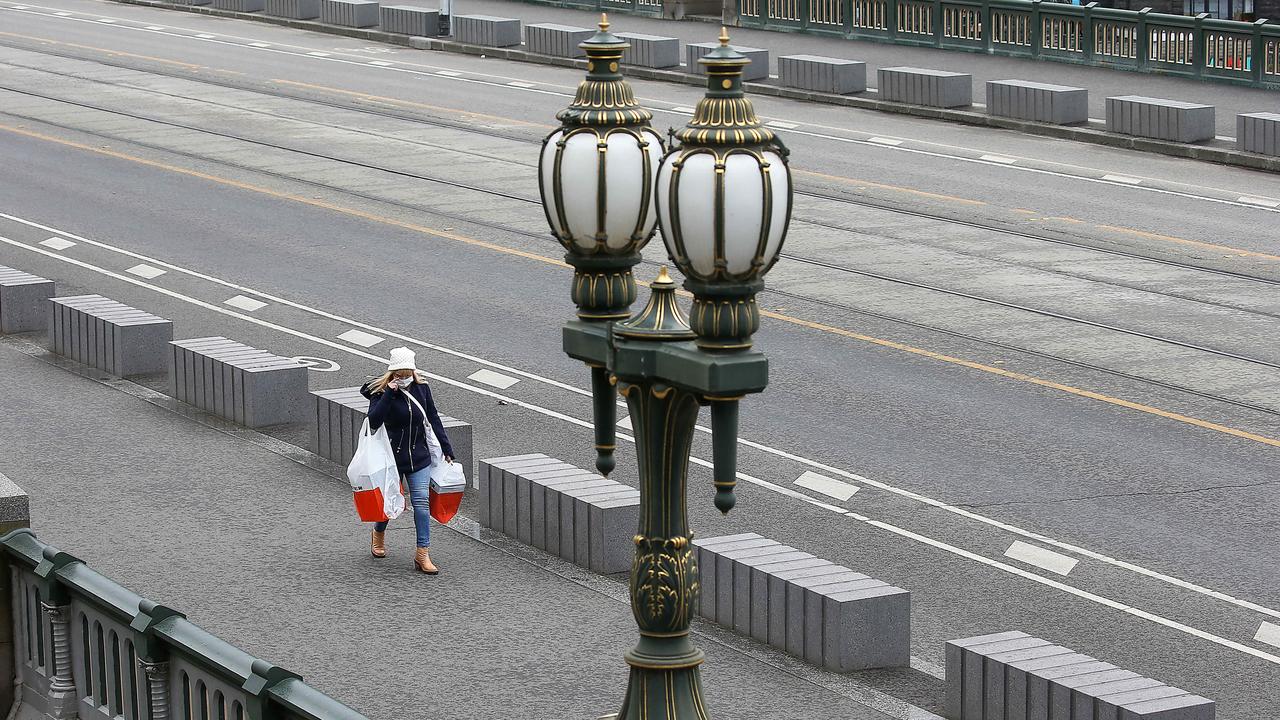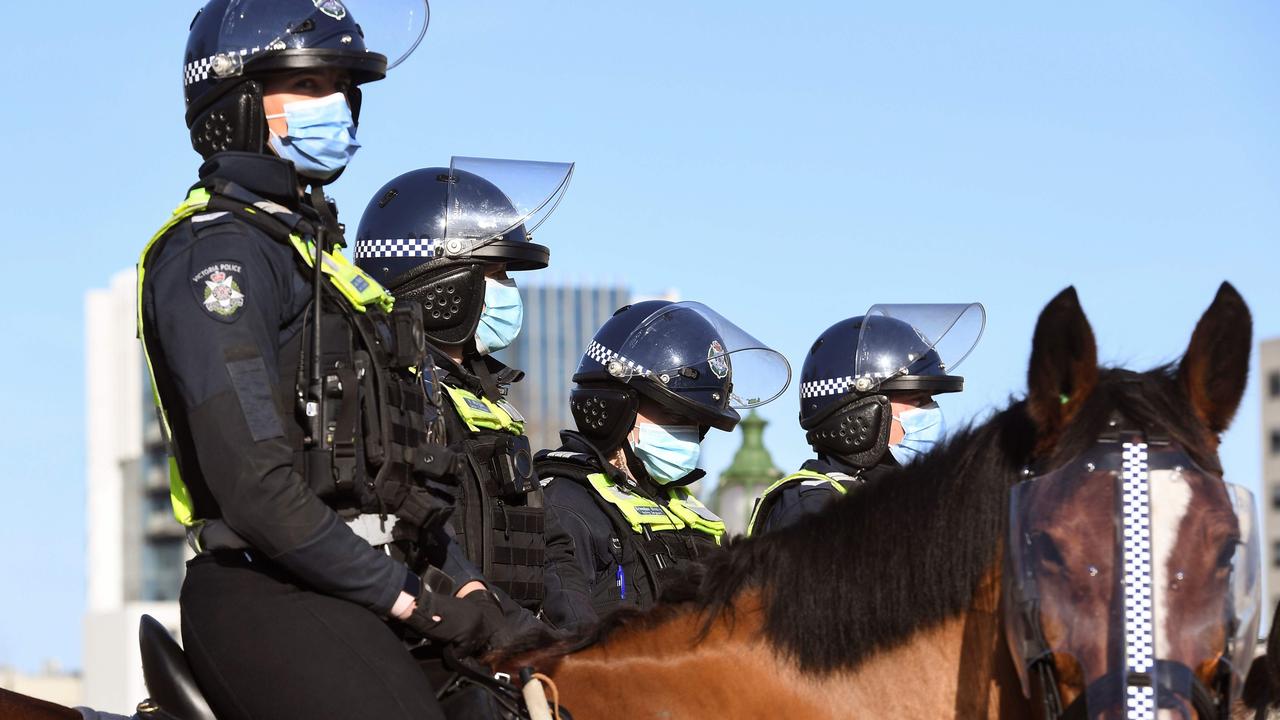Andrew Bolt: Aboriginal kids need us to break the cycle
HOW much longer will we let victim politics make beggars of Aboriginal children? Too many Aboriginal children are growing up poor, badly educated and in danger, writes Andrew Bolt.
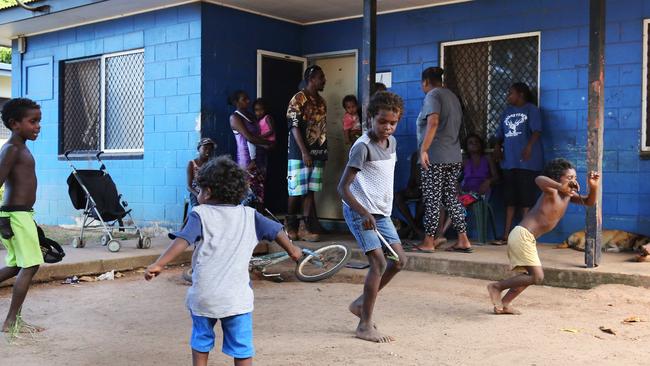
Andrew Bolt
Don't miss out on the headlines from Andrew Bolt. Followed categories will be added to My News.
HOW much longer will we let victim politics make beggars of Aboriginal children? Too many Aboriginal children are growing up poor, badly educated and in danger.
WHY INDIGENOUS CULTURE AND LANGUAGE MATTER
Here are some statistics. Aboriginal children are four times more likely to be bashed to death before they turn five.
They are 10 times more likely to be in such danger that they’re taken from their families. And this problem tends to be worse the more Aboriginal lives that people live.
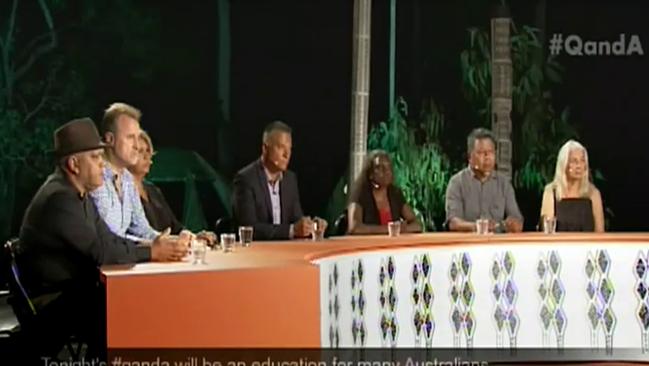
In Western Australia, for instance, the coroner is investigating 13 suicides of children up in the Kimberley. In one community, Kalumburu, 13 per cent of the men are reportedly convicted child abusers.
That is what we must somehow stop. If we don’t, the pattern will be repeated.
The money is certainly there. The Productivity Commission says we spend more than $30 billion a year on Aboriginal Australians — more than twice as much per head than on the rest of us. A lot of money, but little result. That’s because we are doing it wrong and because changing a culture of victimhood is so very hard.
But it is even harder to change when so many people shift responsibility away from Aboriginal parents and Aboriginal culture.
That was made tragically clear on the ABC on Monday, when it ran a special Q&A program from Arnhem Land.
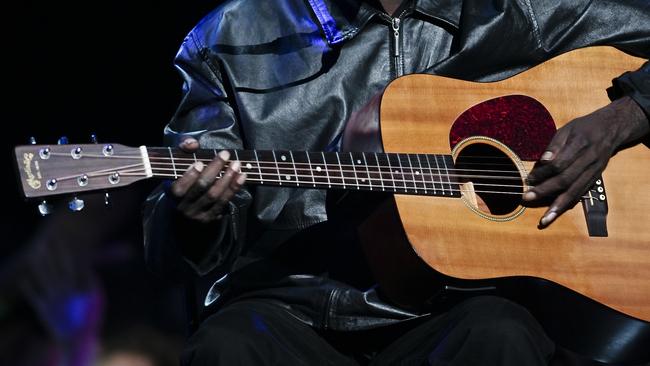
Take this question from the audience, about the recent death of singer G Yunipingu: “How is it that in this country today, someone like Dr G. could die an early death because of discrimination?”
In truth, Yunupingu did not die young because of discrimination.
The singer — actually much admired — died after refusing more renal dialysis for his kidney disease, living instead at a drinkers’ camp at a Darwin beach.
Then there was this demand by academic Marcia Langton that we change our Constitution to recognise Aborigines: “(If) a referendum is not held ... Australians of the future … will look back and say, ‘What a lost opportunity. We now have an Australia with no indigenous Australians’.” Again, appealing to victimhood. But the latest census shows the Aboriginal population growing so fast that it now comprises 2.8 per cent of our population, up from just 2.3 per cent 10 years ago.
Then there was this question to Indigenous Affairs Minister Nigel Scullion: “Do you know of any non-indigenous bureaucrats … fluent in an indigenous language? Do you think more should be done to encourage such people to learn?”
That question, asked in Yolngu territory, reminds me of the film Yolngu Boy, set in Arnhem Land. The producers said it was “extremely difficult” to find Aboriginal boys for the three leads with even basic English. And English standards of students in many Aboriginal settlements are poor.
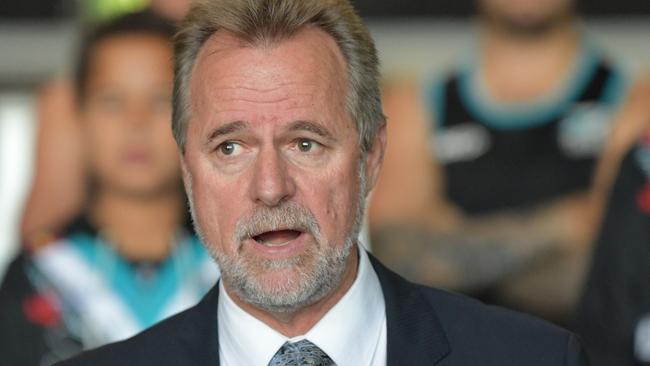
Here’s the hard truth: the future does not lie in teaching bureaucrats some of the 250 Aboriginal languages. It lies in teaching Aboriginal children better English. Without English, they have little hope of a good job and independence. How sad Scullion didn’t say so.
But where do these appeals to Aboriginal culture and victimhood take us? They take us to the demand by Aboriginal activists such as Noel Pearson for a change to the Constitution to give Aborigines — actually leaders like him — more say.
As Pearson said on Q&A: “Giving a voice to our people will empower our people, and in relation to our destiny.”
But Pearson is proof that this, too, is not the real solution.
He is the leading force behind the Cape York Initiative and Cape York Partnership, which has run programs for about 3000 Aborigines in four towns near the tip of Queensland.
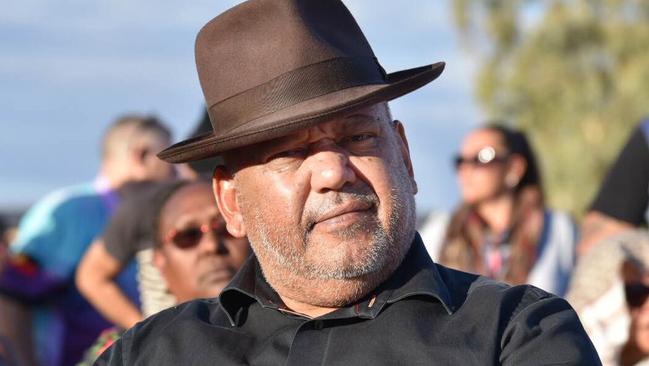
Pearson’s programs and welfare reforms have been given an incredible amount of government money — more than $150 million over eight years, or about $50,000 for each person, on top of the normal funding for welfare and services.
You could hardly get more money or more Aboriginal involvement.
But what has all this achieved?
Yes, there are some improvements. But here’s what the Jesuit Social Services Australia and Catholic Social Services Australia concluded two years ago about Aurukun, the biggest of the four communities: “Aurukun’s deterioration is evident in a range of indicators, including: Criminal convictions (ranked 11th in 2007 and first in 2014); young adults not engaged in work or study (ranked 107th in 2007 and fifth in 2014) and unemployment (ranked 262nd in 2007 and 10th in 2014).”
Here is what we must face: for Aboriginal children to have First World outcomes, they cannot live in Third World communities.
Blaming wicked whites only blinds us to that truth.


